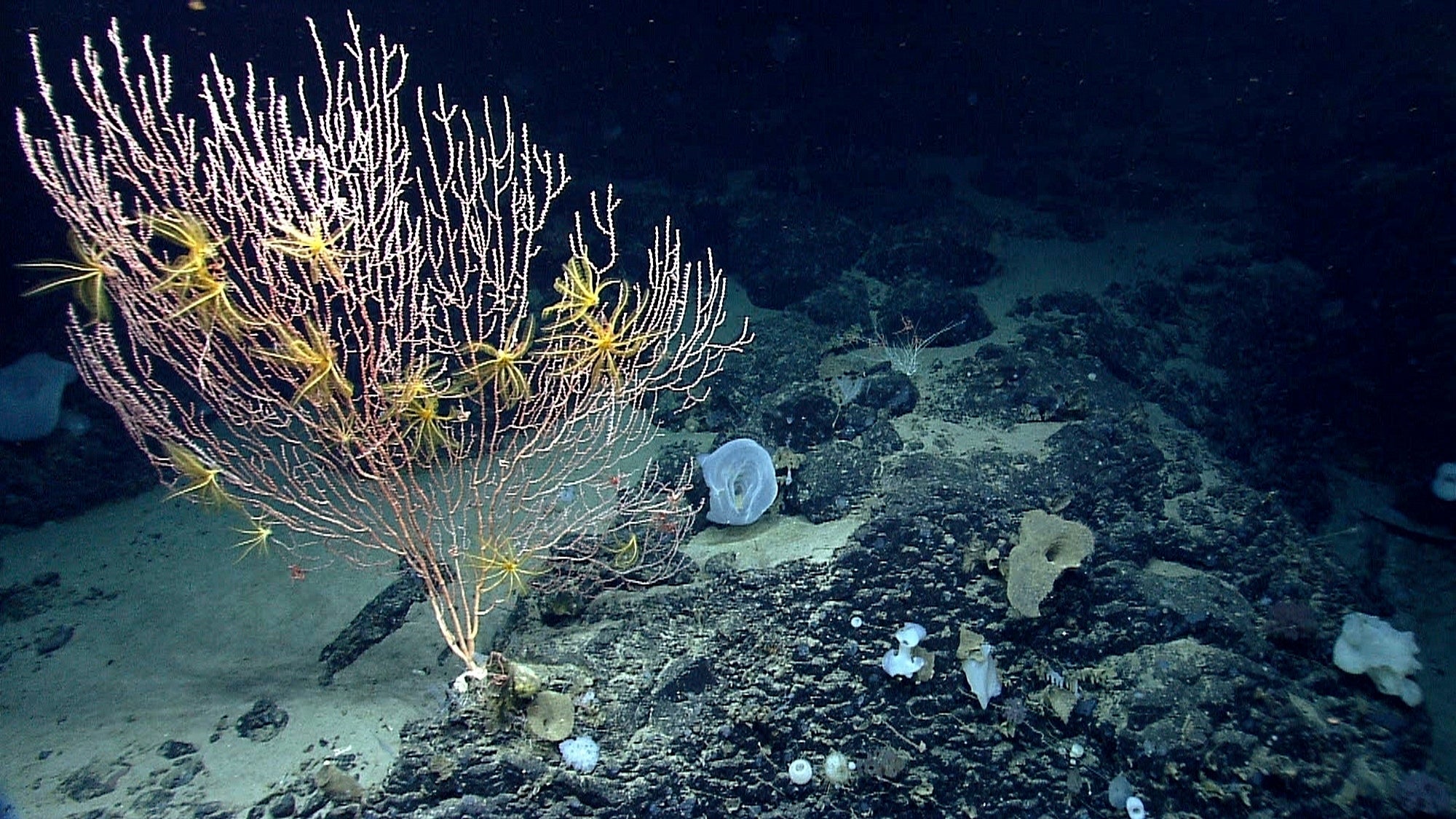High court won't hear fishermen case against ocean monument
The Supreme Court has ruled that it will not consider a fishing group’s attempt to challenge the creation of a large federally protected area in the Atlantic Ocean

The Supreme Court ruled on Monday that it will not consider a fishing group's attempt to challenge the creation of a large federally protected area in the Atlantic Ocean
The group sued to try to get rid of the Northeast Canyons and Seamounts Marine National Monument, which became the first national ocean monument in the Atlantic when President Barack Obama created it in 2016. The area consists of 5,000 square miles off New England, and it is home to fragile deep-sea corals.
The fishermen sued in federal court saying the establishment of a protected zone where they have historically fished for lobsters and crabs could hurt their livelihoods. Federal district and appellate courts ruled that the monument was created appropriately by Obama, who used the Antiquities Act to establish it.
The high court denied a request to take a look at the case. Chief Justice John Roberts wrote that the creation of a national monument was “of no small consequence,” but the petitioners did not meet the criteria to bring it before the Supreme Court.
Roberts also wrote that the court has never considered how such a large monument can be justified under the Antiquities Act, which President Theodore Roosevelt created more than a century ago to preserve artifacts such as Native American ruins. Roberts wrote it's possible the court could be presented a better opportunity to consider that issue in the future.
“The Northeast Canyons and Seamounts Marine National Monument at issue in this case demonstrates how far we have come from indigenous pottery,” Roberts wrote.
The fishing group is let down by the court's decision, but also feels that Roberts' statement is a signal for others to bring similar cases, and suggests the high court "will soon resurrect meaningful limits on the President’s monument-designation power.”
The creation of the monument has been controversial and politicized from the beginning. It became a campaign issue for President Donald Trump, who moved to allow commercial fishing in the area in 2020. Trump heralded the move as a win for Maine lobstermen, although the monument is located southeast of Rhode Island and Cape Cod.
President Joe Biden signaled in January that he would ask the U.S. Department of the Interior to reassess Trump's rule change.
Environmentalists cheered the Supreme Court's decision not to consider the drive against the monument. Conservation groups have for years lobbied to preserve the monument and other protected areas to try to save vulnerable underwater ecosystems.
“Restoring protections is essential to safeguarding its fragile biological resources from industrial exploitation, bolstering the ecosystem’s resiliency in the face of a changing climate, and safeguarding this special place for generations to come,” Kate Desormeau, senior attorney for the Natural Resources Defense Council, said in a statement.
Bookmark popover
Removed from bookmarks